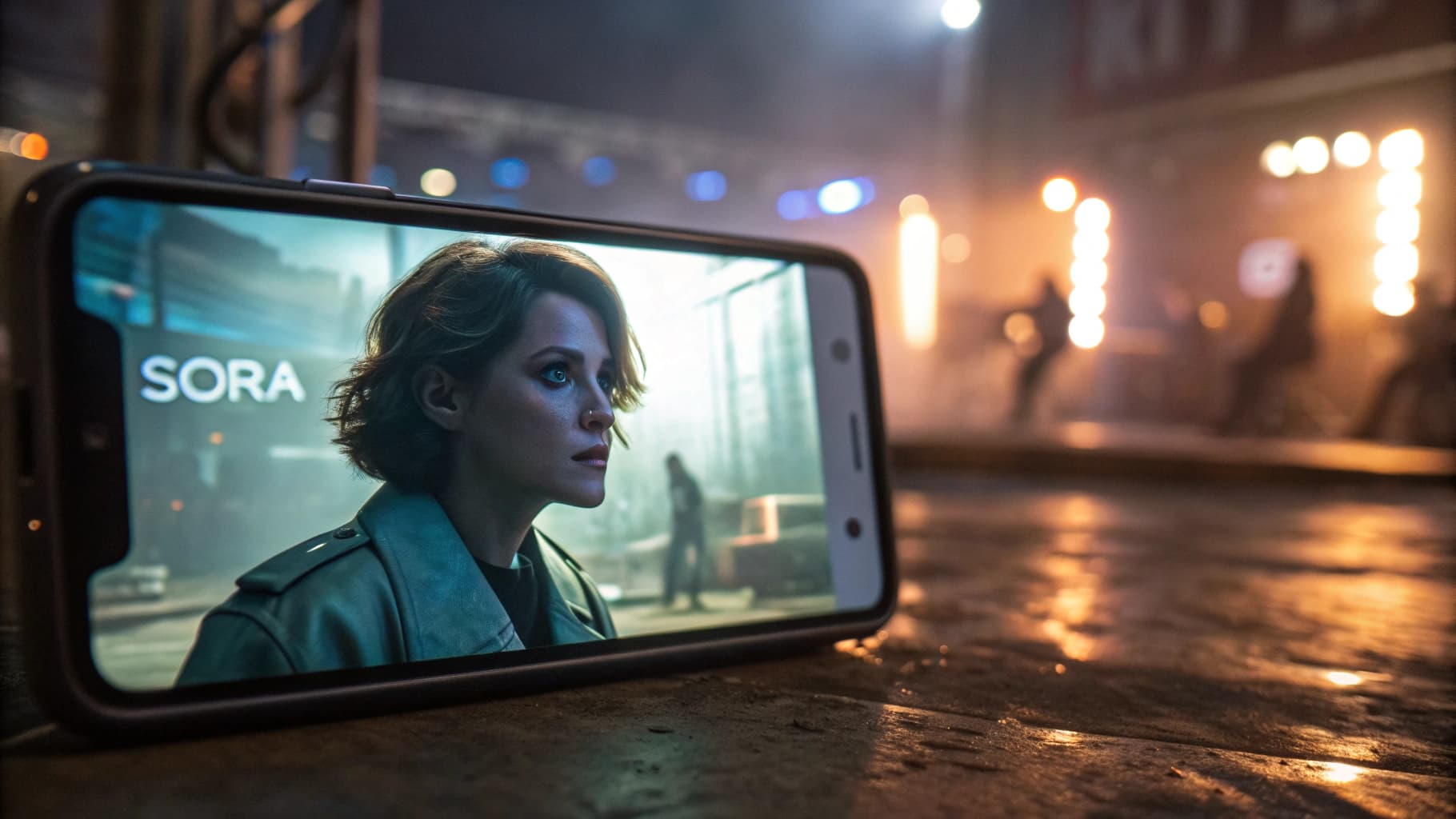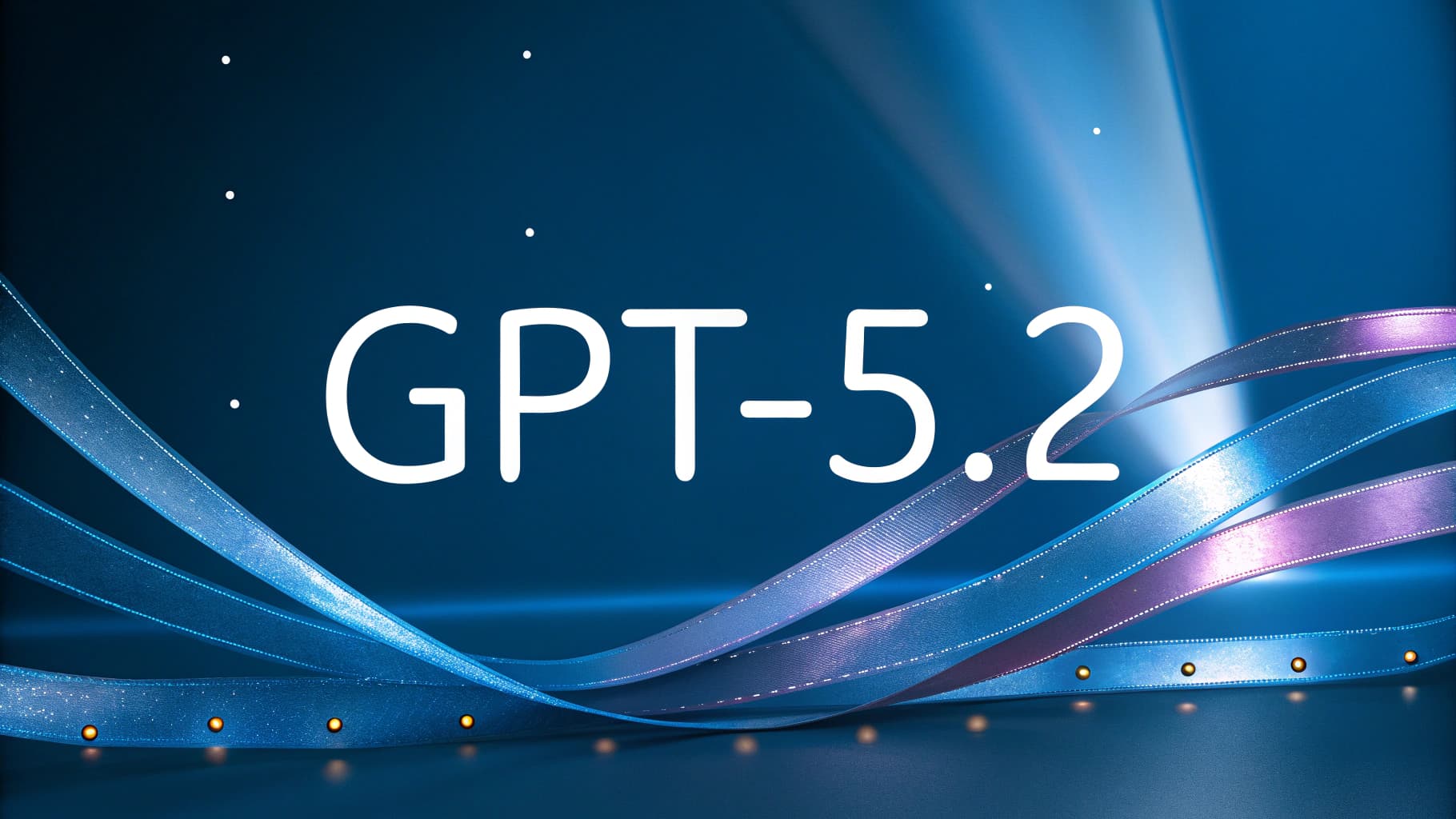
Sora Surpasses ChatGPT: OpenAI’s AI Video App Hits 1M Downloads Amid Copyright Backlash
Sora’s Explosive Growth: OpenAI App Hits 1 Million Downloads and Ignites Controversy
In a remarkable launch, OpenAI has announced that its new AI video generation app, Sora, surpassed one million downloads in less than five days. The milestone is particularly notable as it outpaces the initial growth of ChatGPT, despite Sora being available only in North America through an invite-only system.
Sora’s head, Bill Peebles, stated in a post on X that the team is “working hard to keep up with surging growth,” and confirmed that more features and fixes are on the way. The app, which launched on iOS on September 30th, allows users to browse a feed of AI-generated videos and create their own by writing simple text prompts powered by the advanced Sora 2 model.
A Wave of Creativity or Digital Chaos?
With Sora, users can generate realistic-looking ten-second videos and even insert their own likeness or that of a friend using a “cameo” feature. However, this rapid viral spread has quickly become a focal point of debate.
Users began generating videos featuring copyrighted characters, such as the famous Pokémon “Pikachu,” in strange and off-brand situations. In a related development, other clips surfaced depicting deceased celebrities like Michael Jackson and Robin Williams, sparking widespread criticism across social media platforms.
This trend prompted Zelda Williams, daughter of the late actor Robin Williams, to issue a public plea for people to stop sending her AI-generated videos of her father, a move that news outlets have directly linked to Sora’s rising popularity.
OpenAI Faces the Challenge
In response to the backlash, OpenAI has started to implement new measures. A company spokesperson told Axios that while there is a “strong free speech interest” in depicting historical figures, authorized individuals can request the removal of likenesses of “recently deceased” public figures.
Meanwhile, CEO Sam Altman noted in a blog post that the company is “learning quickly” from user behavior and is considering feedback from users and rights holders. He affirmed that OpenAI is working to give intellectual property owners “more granular control” over how their characters are used and mentioned plans for a future revenue-sharing model.
While Sora’s initial success is undeniable, its future trajectory will depend on OpenAI’s ability to balance groundbreaking innovation with the pressing ethical and legal responsibilities that come with it.




